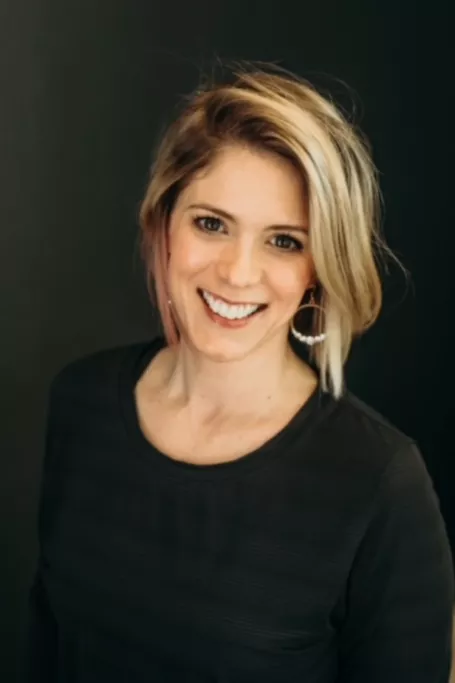Key Takeaways
- Recognizing personal limits and starting small can be a practical approach to gradually engaging in educational advocacy.
- Professional development and mentorship can significantly boost confidence and leadership skills in educators, fostering their advocacy efforts.
- Building partnerships with community organizations can amplify the impact of educational advocacy, highlighting the interconnectedness of schools and broader community issues.
I know it's hard to believe, but educators live lives outside the classroom. After the school day, there are community and familial obligations. Am I advocating for educational policy? How in the world will I make time for that? What do I focus on? Does my opinion and experience matter?
I entered the profession in 2007, wide-eyed and optimistic, unaware of the extra time and energy required of a master teacher. I don't know if I've ever felt satisfied with the time and energy I have given to my students or family at the end of the day. For many years, I let others advocate in my place because I was emotionally exhausted and intimidated. I lacked the confidence to speak on behalf of my students and myself. As it did for many others, experiencing the school closures during 2020 shifted my professional focus. It was time to step up.
I didn't know where to start but began writing to elected officials about various concerns. Sometimes, I edited a template provided by a trusted source, and other times, I went "rogue." Putting my thoughts in writing helped build my confidence to voice these thoughts and concerns in conversations with other educators and social circles. During this time, I was working as a New Teacher Coordinator. Mentoring new teachers, I saw my past self: passionate but TIRED! Only able to focus on one day at a time. The relationships I built with my new teachers and their students motivated me to take my turn as a leader in educational advocacy.
Takeaway #1: Know your limits. Your advocacy may look different in various phases of life. It's okay to start small.
After building my confidence in writing to elected officials and chatting in "safe spaces," I began seeking professional development opportunities to develop my capacity as an educational leader. A partnership between my school district and the University of Utah allowed me to pursue and complete an Instructional Coaching Endorsement. Collaborating with my peers weekly while developing a capstone project with an educational focus I was deeply passionate about helped me find my voice in advocacy. The opportunity to present the project at the University of Utah to university and district staff, faculty, and administrators was great practice for meeting in person with my elected officials. The next logical step? Well, apply for UEA's Policy Ambassador Program!
Takeaway #2: When ready, participate in professional development to build your leadership skills. Huge confidence booster! There are many opportunities offered for free.
This school year, I transitioned from Special Education Coordinator to McKinney-Vento Liaison. The McKinney-Vento Liaison facilitates programming for students experiencing homelessness. This is a highly collaborative position that not only requires knowledge of community programs but also the willingness to strengthen and build relationships with these organizations. One organization I have had the opportunity to work closely with is The Road Home. The Family Shelter is housed within Canyons School District's boundaries, with another property purchased in Granite School District's boundaries. This partnership illustrates that educational advocacy impacts those beyond our school buildings, and community issues impact our students. Understanding this relationship helped me focus my conversation around our request for an increase in WPU with Senator Blouin. The impact of educational funding doesn't stop at a school's property line; it influences all organizations within our community.
